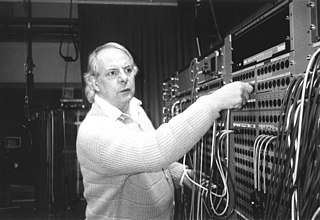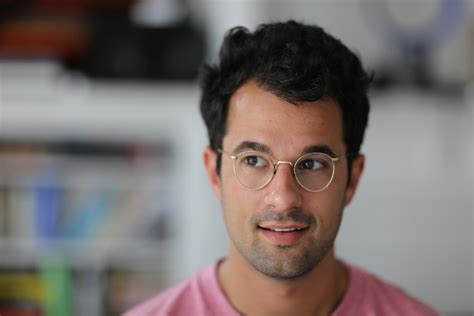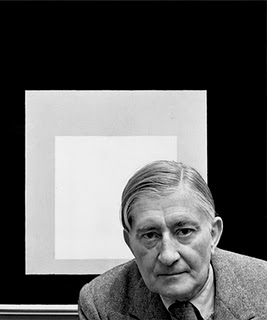A Quote by Dennis Kimbro
We see things not as they are, but as we are. Our perception is shaped by our precious experiences.
Quote Topics
Related Quotes
Think of a single word. We'll use soul as our example. How do you define soul? Is it the same definition I use? Can it ever be it? My soul is not your soul. Our souls, our definitions, are shaped by the singular and cumulative experiences in our lives, the emotional weight we attach to a concept forever locked in the space behind our own eyes.
Humanity's legacy of stories and storytelling is the most precious we have. All wisdom is in our stories and songs. A story is how we construct our experiences. At the very simplest, it can be: 'He/she was born, lived, died.' Probably that is the template of our stories - a beginning, middle, and end. This structure is in our minds.
It is untrue that fiction is nonutilitarian. The uses of fiction are synonymous with the uses of literature. They include refreshment, clarification of life, self-awareness, expansion of our range of experiences, and enlargement of our sense of understanding and discovery, perception, intensification, expression, beauty , and understanding. Like literature generally, fiction is a form of discovery, perception, intensification, expression, beauty, and understanding. If it is all these things, the question of whether it is a legitimate use of time should not even arise.
We all have a family and I think we all have a perception of our family that we like to keep and we all have our positive memories in a certain way. Then when life catches up to them, when you see a different perspective of them, or when you are a couple degrees over, you can see things differently and it shakes you to the foundation.
The most important human endeavor is the striving for morality in our actions. Our inner balance and even our very existence depend on it. Only morality in our actions can give beauty and dignity to life. Albert Einstein It is the function of art to renew our perception. What we are familiar with we cease to see. The writer shakes up the familiar scene, and, as if by magic, we see a new meaning in it.

































